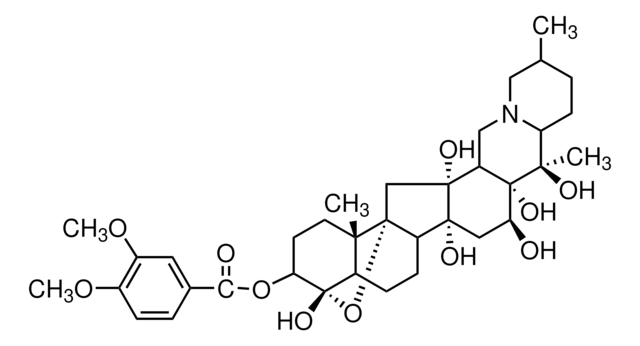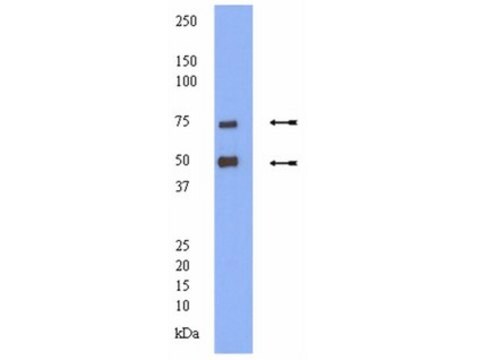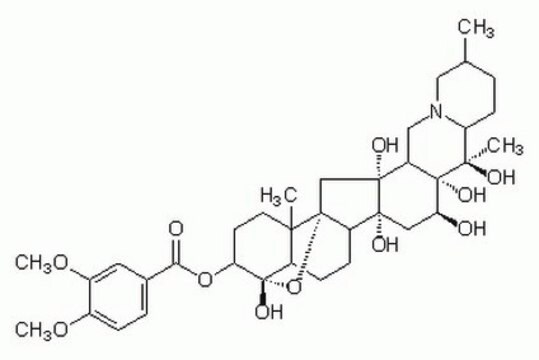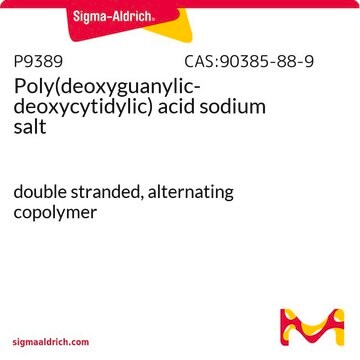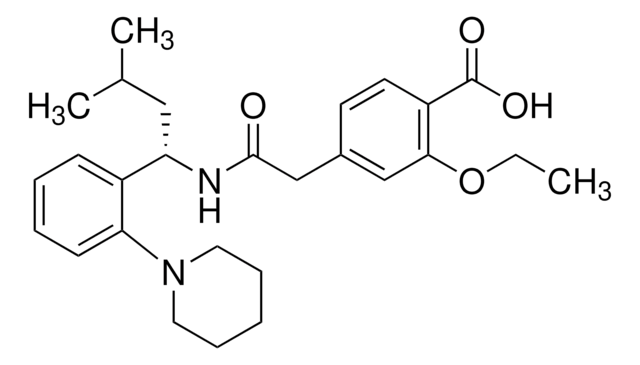T9573
Anti-phospho-Tyrosine Hydroxylase (pSer40) antibody produced in rabbit
affinity isolated antibody, aqueous glycerol solution, sufficient for 10 blots
About This Item
WB
western blot: 1:1000 using lysates of PC-12 Cells stimulated by Okadaic Acid (1 μM for 60 minutes)
Recommended Products
biological source
rabbit
Quality Level
conjugate
unconjugated
antibody form
affinity isolated antibody
antibody product type
primary antibodies
clone
polyclonal
form
aqueous glycerol solution
usage
sufficient for 10 blots
mol wt
antigen 60 kDa
species reactivity
rat, mouse, human
technique(s)
immunohistochemistry: 1:1000
western blot: 1:1000 using lysates of PC-12 Cells stimulated by Okadaic Acid (1 μM for 60 minutes)
UniProt accession no.
shipped in
dry ice
storage temp.
−20°C
target post-translational modification
phosphorylation (pSer40)
Specificity
Immunogen
Physical form
Disclaimer
Not finding the right product?
Try our Product Selector Tool.
Signal Word
Warning
Hazard Statements
Precautionary Statements
Hazard Classifications
Eye Irrit. 2 - Skin Irrit. 2
Storage Class Code
10 - Combustible liquids
WGK
WGK 3
Flash Point(F)
Not applicable
Flash Point(C)
Not applicable
Regulatory Listings
Regulatory Listings are mainly provided for chemical products. Only limited information can be provided here for non-chemical products. No entry means none of the components are listed. It is the user’s obligation to ensure the safe and legal use of the product.
JAN Code
T9573-1VL:
T9573-100UL-PW:
T9573-100UL:
T9573-VAR:
T9573-BULK:
Choose from one of the most recent versions:
Already Own This Product?
Find documentation for the products that you have recently purchased in the Document Library.
Our team of scientists has experience in all areas of research including Life Science, Material Science, Chemical Synthesis, Chromatography, Analytical and many others.
Contact Technical Service
